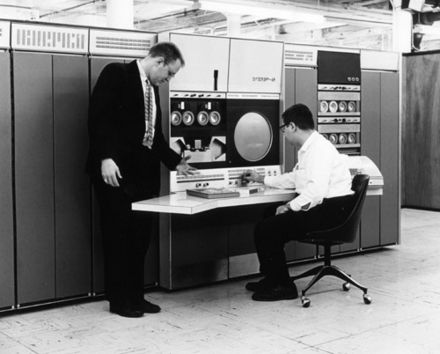Security Certification of QKD .
The standard ISO/EN 15408 "Common Criteria" enables end users to express their specific security needs for a type of information technology systems in the form of a Protection Profile (PP). Producers can then have their products evaluated against such a PP, providing assurance to end users that these products can be securely and dependably used in the intended environment.
Quantum Communication, in the form of Quantum Key Distribution QKD, with its high security claims, is intended for areas with highest security requirements. Therefore, a rigorous security certification is necessary for end users to be reasonably assured that the installed systems will operate as securely as advertised. Currently (summer 2021), two pushes to standardise the ISO/EN 15408 "Common Criteria" security certification of QKD systems are underway, in the ETSI ISG-QKD and in the ISO SC27 WG3—both intending to publish standards soon.
The ISO group develops two standards: "ISO/IEC 23837-1 Information security—Security requirements, test and evaluation methods for quantum key distribution—Part 1: Requirements" (containing predefined security functional requirements for use in QKD PPs) and "ISO/IEC 23837-2 (…) Part 2: Test and evaluation methods". Both are currently in advanced committee draft (CD) stage and publication is planned for spring 2022.
The ETSI ISG-QKD works on a standard DGS/QKD-016 "Common Criteria Protection Profile for QKD", providing a standardised PP for a "prepare and measure" QKD system. The standard draft is edited by Deutsche Telekom Security GmbH, Evaluation Facility, with German BSI as sponsor, and is also in a quite advanced state, with publication probably still later this year.
Currently, these two approaches are not compatible, which can be explained through the fact that both activities were started independently, and only recently. For example, while the ISO puts its requirements into a new FTP_QKD family (of the FTP "Trusted Path" class), the ETSI extends the FCS "Cryptographic Support" class with a new "FCS_QKD" family. Probably both solutions are viable, but the ETSI and the ISO groups are connected through mutual liaisons, exchanging comments in both directions, in order to address these differences. It will be seen if compatibility will still be achievable for the first editions of the standards—or if it will remain for the future to, e.g., develop an ISO conformant PP for QKD. But a non ISO compliant ETSI Protection Profile for QKD would nevertheless be valuable, as this would be the first PP for QKD prepared by an actual evaluation laboratory, under the sponsorship of an actual evaluation authority—being the result of more than a decade of preparations and basic work in QKD standardisation in the ETSI group.

Thank you for this post. Maybe it would be nice to bring this topic into the IETF to the Quantum Internet Research Group (qirg) https://datatracker.ietf.org/group/qirg/about/. The working group is relatively new (charter approved 2020) with two documents: Architectural Principles for a Quantum Internet and Application Scenarios for the Quantum Internet. The latter mentions briefly QKD.
Hi Thomas. Interesting post directly related to my project. We should exchange !
The security certification of Quantum Key Distribution (QKD) is crucial for ensuring the integrity of quantum communication systems. Rigorous evaluation and certification processes are essential to validate the effectiveness of QKD protocols, bolstering confidence in the security foundations of quantum cryptographic technologies.
In a person's contemplation, a comment on the security certification of Quantum Key Distribution (QKD) might express: Ensuring the integrity of our communication is paramount. Trusting in QKD's security certification offers peace of mind in an era of increasing digital threats. Embracing quantum technology safeguards our sensitive data with unparalleled strength.
Quantum Key Distribution (QKD) offers an unparalleled level of security, leveraging the laws of quantum mechanics for cryptographic key exchange. Its certification ensures robust protection against eavesdropping, making it a cornerstone for future-proof encryption in sensitive communication systems.
Please login to post comments